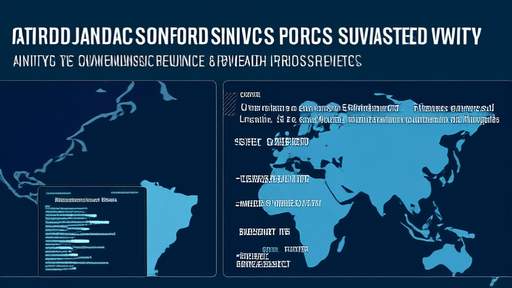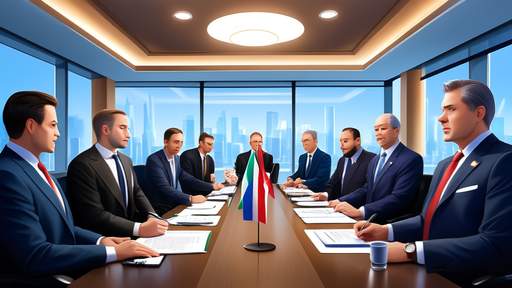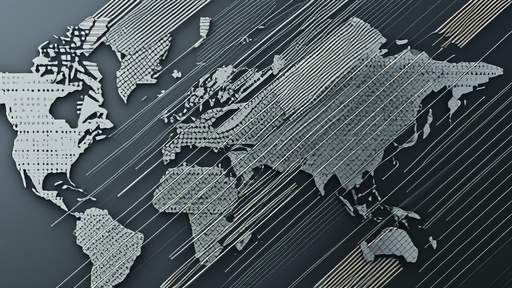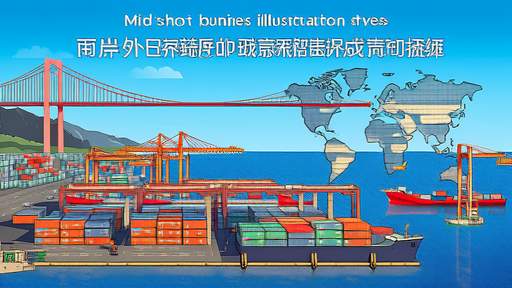The globalized economy has made intellectual property (IP) protection an increasingly complex issue, particularly when disputes span multiple jurisdictions. Companies and individuals seeking to enforce their IP rights across borders must carefully consider their choice of forum, as this decision can significantly impact the outcome of a case. The strategic selection of a court involves weighing factors such as legal precedent, procedural efficiency, and the potential for enforcement.
Jurisdictional challenges in cross-border IP disputes often arise due to conflicting national laws and the territorial nature of IP rights. A patent valid in one country may not be recognized in another, creating a legal labyrinth for rights holders. Some jurisdictions have developed specialized IP courts with judges possessing technical expertise, while others handle such cases in general civil courts. The differences in legal standards, evidentiary rules, and remedies available can lead to divergent outcomes for similar cases depending on where they are filed.
Recent years have seen certain courts emerge as preferred venues for international IP litigation. The Unified Patent Court in Europe and certain U.S. district courts have gained reputations for their handling of complex technical cases. However, this concentration of cases in specific jurisdictions has raised concerns about forum shopping and the potential for inconsistent rulings across different regions. The strategic implications of choosing one court over another extend beyond mere convenience—they can determine whether a rights holder obtains meaningful protection for their innovation.
The enforceability of judgments represents another critical consideration in forum selection. A favorable ruling means little if it cannot be enforced against infringing parties operating in other jurisdictions. Some countries participate in international agreements that facilitate judgment recognition, while others maintain more restrictive approaches. The New York Convention on the Recognition and Enforcement of Foreign Arbitral Awards provides a framework for arbitration outcomes, but no equivalent comprehensive system exists for court judgments in IP matters.
Alternative dispute resolution mechanisms have gained traction as complements to traditional litigation. Arbitration and mediation can offer neutral venues with procedural flexibility, particularly when parties hail from different legal traditions. The World Intellectual Property Organization's Arbitration and Mediation Center has developed specialized procedures for resolving international IP disputes outside national court systems. These alternatives may provide faster resolutions and allow parties to select decision-makers with relevant technical expertise.
Emerging trends in jurisdictional cooperation suggest potential future directions for cross-border IP enforcement. Some regional systems, like the European Union's framework for IP protection, demonstrate how coordinated approaches can reduce conflicts between national systems. Bilateral agreements between countries sometimes include provisions for IP enforcement cooperation. However, the lack of a truly global system means that strategic forum selection will remain a crucial consideration for rights holders navigating the complex web of international IP protection.
The digital environment has added new layers of complexity to jurisdictional questions in IP cases. Online infringement often occurs across multiple territories simultaneously, challenging traditional notions of territorial jurisdiction. Courts in different countries have taken varied approaches to these issues, with some asserting jurisdiction over foreign defendants based on the location of harm or the accessibility of infringing content. These developments require rights holders to continually reassess their enforcement strategies in light of evolving jurisprudence.
Practical considerations such as litigation costs, time to resolution, and available remedies also factor heavily into forum selection decisions. Some jurisdictions offer preliminary injunctions that can quickly halt infringement, while others have lengthy court procedures. The potential for substantial damages awards in certain countries may make them attractive despite higher litigation costs. These economic calculations must be balanced against the legal principles at stake in each case.
As international commerce continues to grow, the importance of strategic forum selection in cross-border IP disputes will only increase. Rights holders must stay informed about developments in different jurisdictions and carefully craft their enforcement strategies accordingly. While no perfect solution exists for the challenges of international IP enforcement, thoughtful consideration of jurisdictional options can significantly improve outcomes for those seeking to protect their intellectual assets across borders.

By /Jun 3, 2025

By /Jun 3, 2025

By /Jun 3, 2025

By /Jun 3, 2025

By /Jun 3, 2025

By /Jun 3, 2025

By /Jun 3, 2025

By /Jun 3, 2025

By /Jun 3, 2025

By /Jun 3, 2025

By /Jun 3, 2025

By /Jun 3, 2025

By /Jun 3, 2025

By /Jun 3, 2025

By /Jun 3, 2025

By /Jun 3, 2025

By /Jun 3, 2025

By /Jun 3, 2025

By /Jun 3, 2025

By /Jun 3, 2025